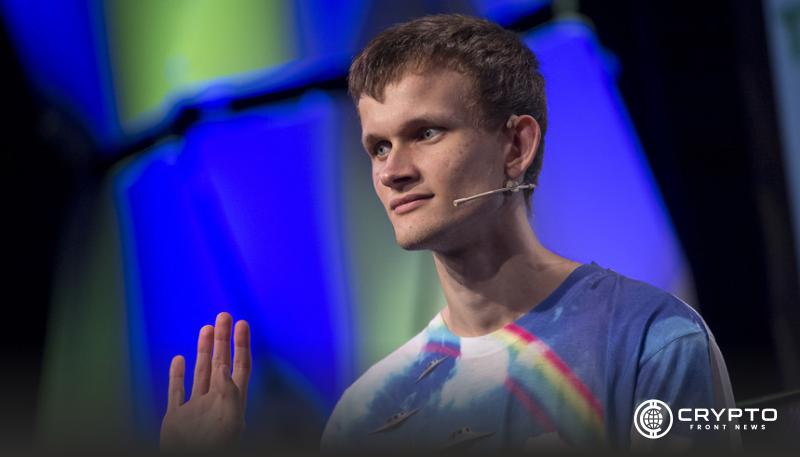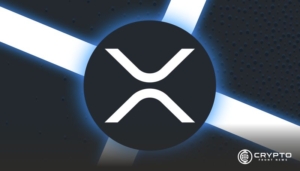- Buterin says apps using Google logins undermine decentralization and conflict with core crypto design principles.
- He notes past NFT and gaming hype showed that use-case talk alone cannot replace durable, research-driven development.
- Buterin highlights DAO governance and ZK voting as essential areas needing stronger foundations for reliable applications.
Ethereum co-founder Vitalik Buterin criticized applications that present themselves as crypto platforms while depending on centralized login systems, according to comments made during an interview with The Defiant at Devconnect 2023 in Istanbul.
He said he dislikes services that require Google accounts to access features, noting that such designs conflict with the purpose of decentralized networks. His concerns surfaced as he discussed the pace of application development, the quality of current use cases and the need for stronger foundations across governance and infrastructure. This focus created a wider context for his remarks on projects that still rely on single servers and limited on-chain interaction.
Use Case Momentum Still Faces Structural Gaps
Buterin noted that increased discussion about use cases does not guarantee functional applications. He referenced the enthusiasm surrounding games and NFT activity in 2020 and 2021, explaining that many projects based their appeal on market excitement rather than durable design.
He said these models struggled once market conditions shifted, which caused interest to fade when rewards declined. This point introduced his view that building sustainable applications requires more research and slower development.
Governance Questions
Buterin then moved to governance concerns, creating a link between early failures and deeper structural needs. He highlighted ongoing debates about DAO governance and said mistakes at this layer can break entire systems.
He also pointed to ZK voting as a tool with strong potential for decentralized organizations. This allowed him to mention that advanced cryptography supports several application areas, including decentralized social platforms and ZooPass-style access systems. He stressed that applications and infrastructure evolve together and require equal attention.
Centralization a Major Hurdle
Buterin later switched back to the issue of centralization, tying it to the broader challenges he described. He said he dislikes applications that present themselves as decentralized while controlling all activity through one server. He noted that some projects only place occasional roots on Ethereum or hold tokens on networks like Arbitrum without offering real decentralization. He added that developers should remember the purpose of crypto systems and maintain principled approaches when designing new tools. He called for more rigorous discussions on scaling and application integrity, emphasizing that a healthy ecosystem depends on both areas progressing together.





